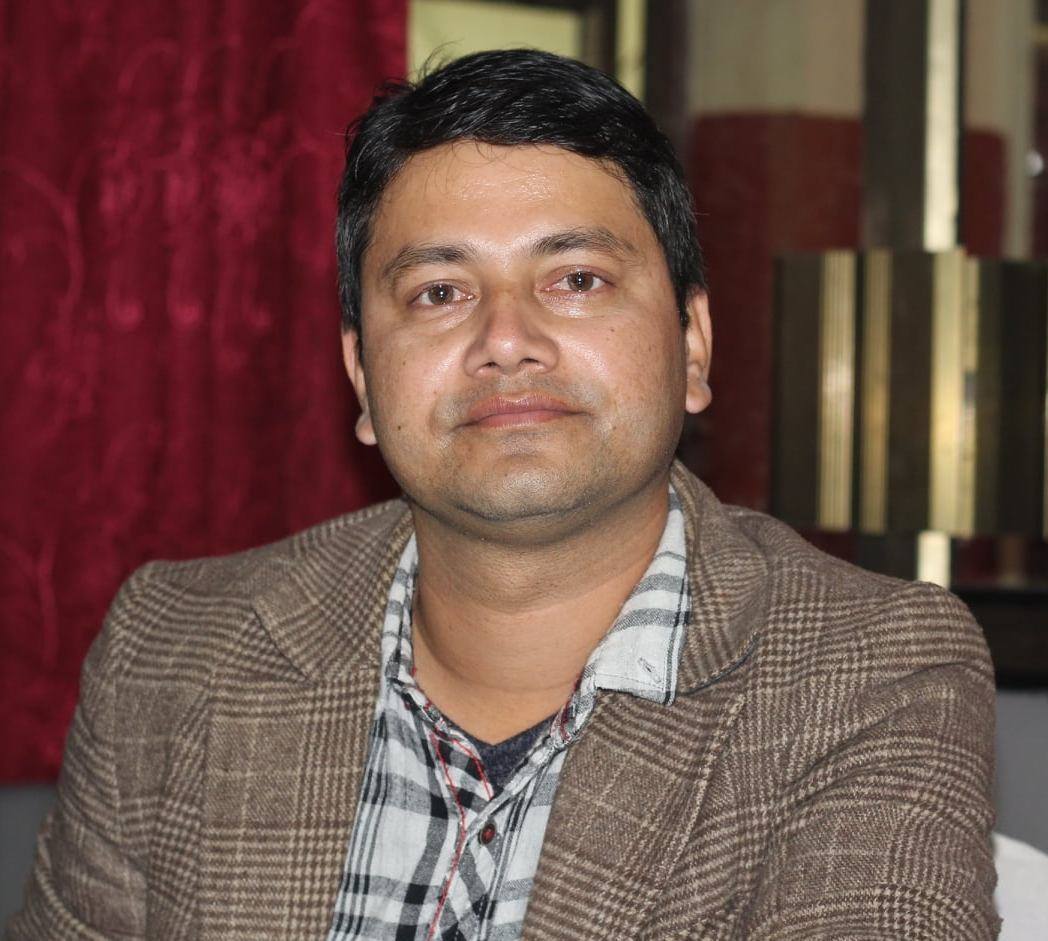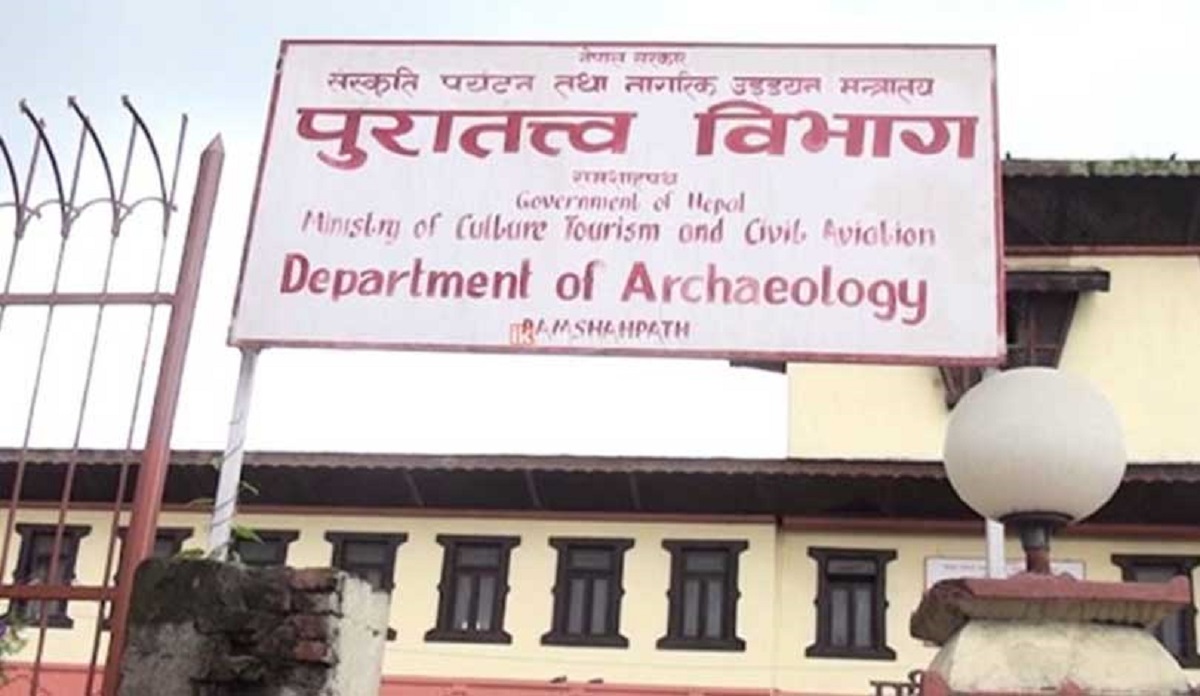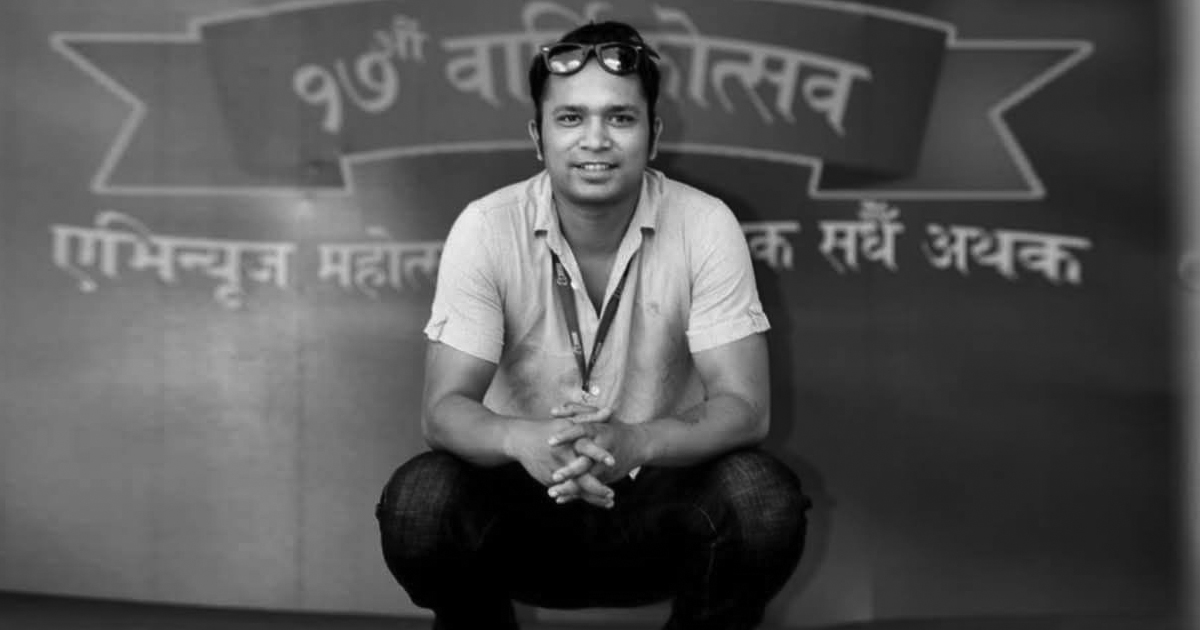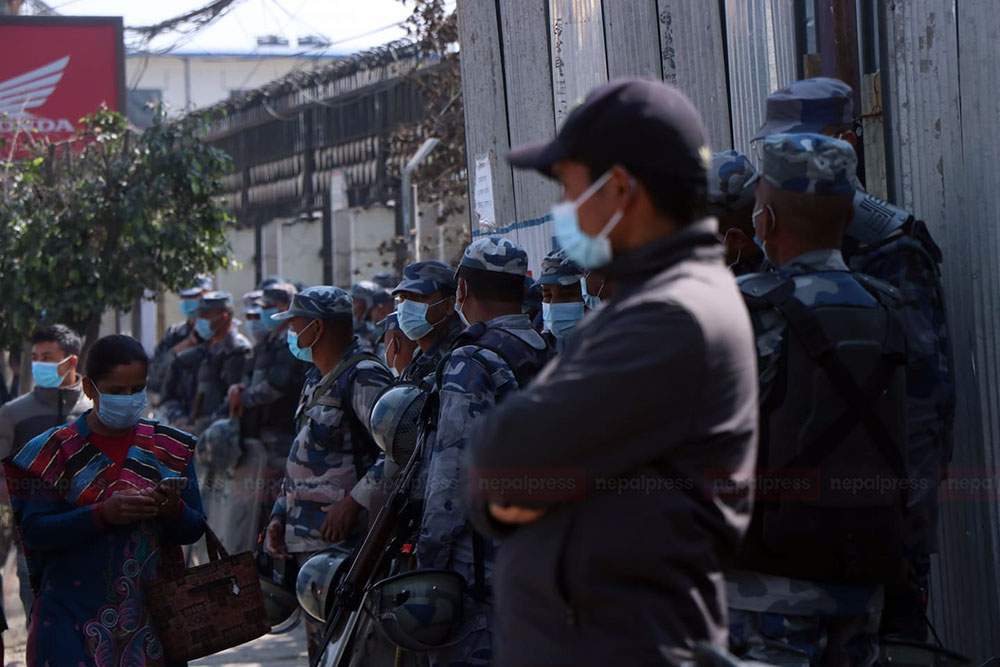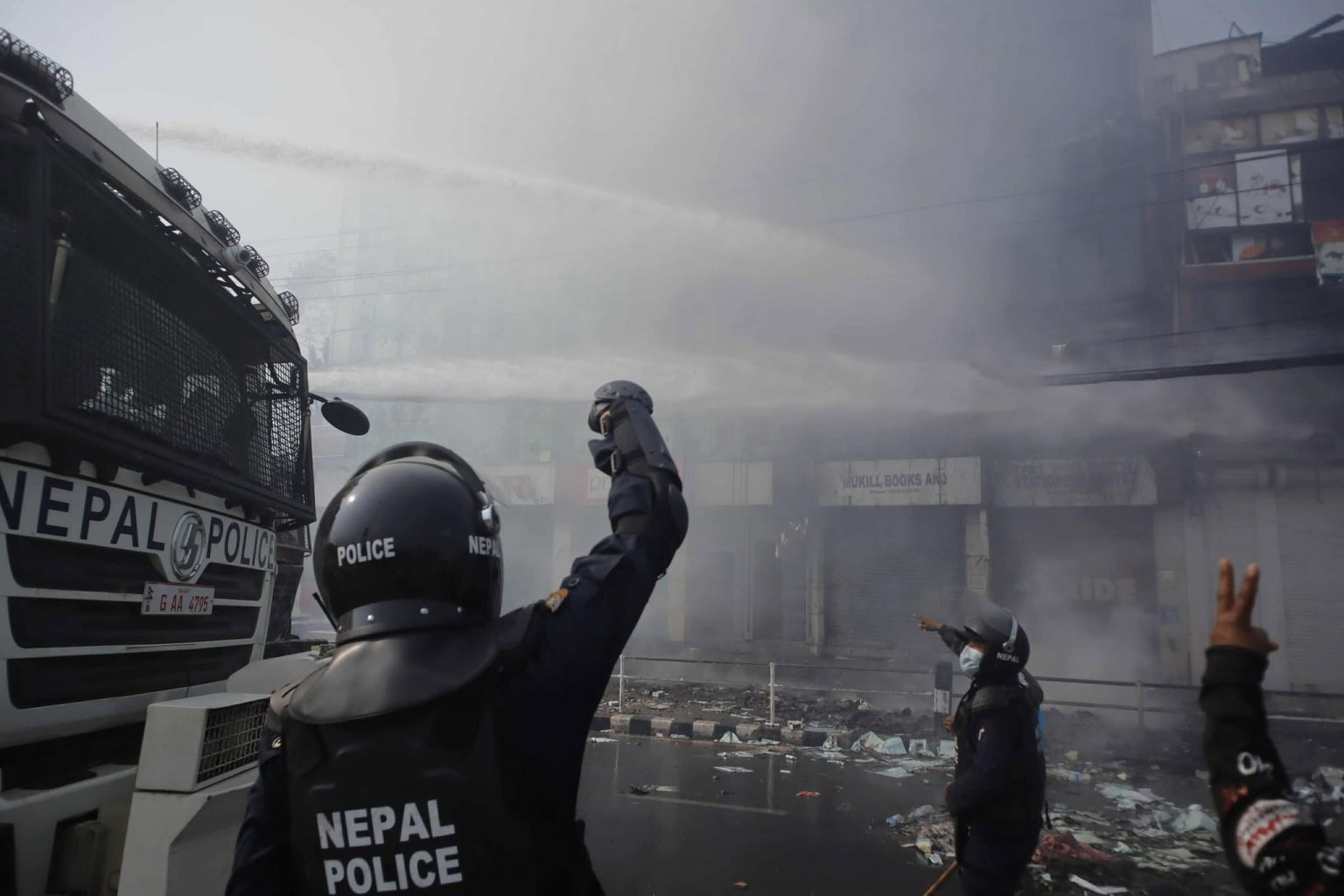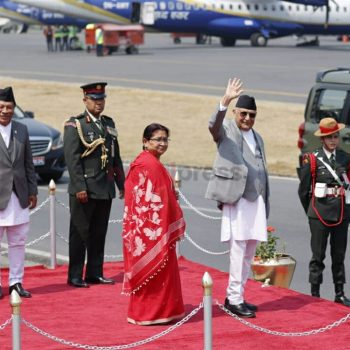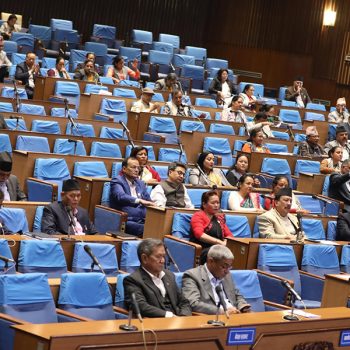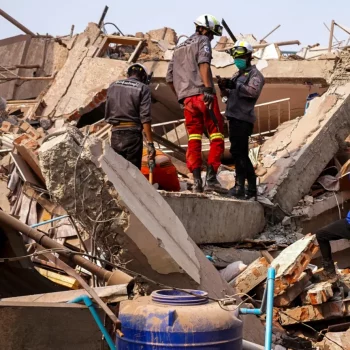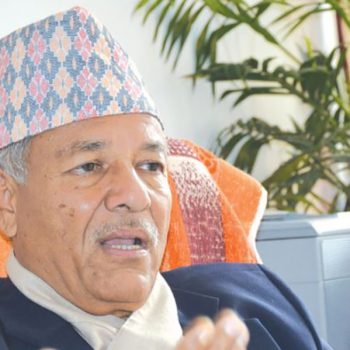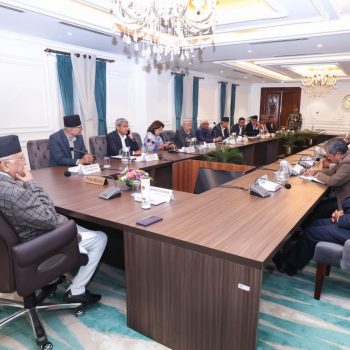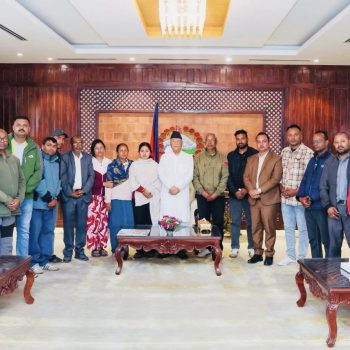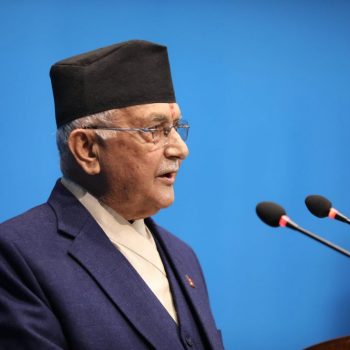“Neither our family, nor society accepts us”
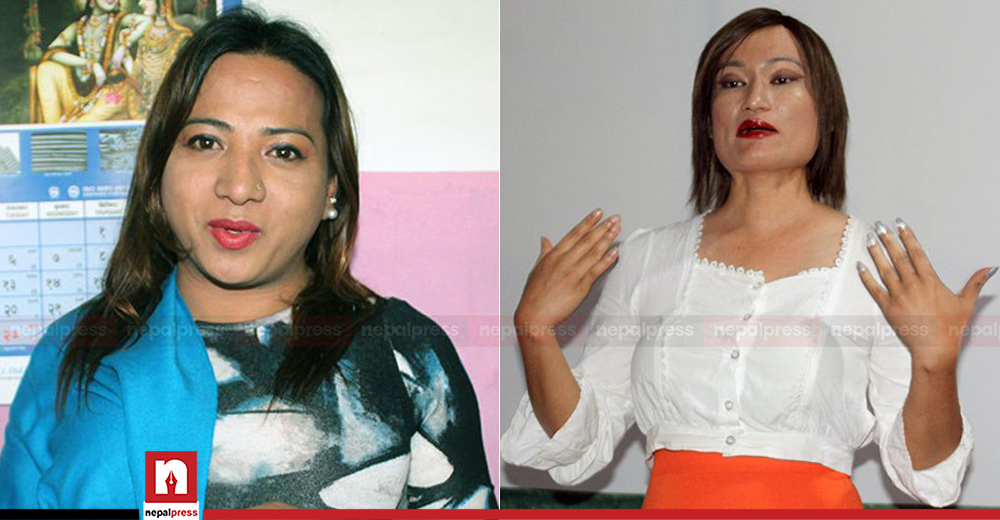
BIRATNAGAR: It has been eight years since Ramila Majhi of Shantichowk, Biratnagar got married. But even now, after such a long time, her family has not accepted her and her partner. So, the couple has been renting a separate room.
Ramila, a transgender, got married in 2069 BS. Despite acceptance by law, she has to hide her spouse from the eyes of society as her family and society do not accept this.
Muskan Shrestha of Biratnagar is in a similar situation. Even after 12 years of marriage, she is unable to introduce her partner to society. She got married in 2065 BS. Even though it is difficult for her to introduce her spouse to society, the family has started accepting their relationship. She says, “After 12 years, the family has finally accepted us, but society has not been able to do so yet.” Muskan herself has long been active in establishing sexual and minority rights. However, she has not been able to recover from the pain and mental stress brought about by this context.
Many sexual minorities, such as Ramila and Muskan, have been harassed by their own families and society. Their main challenge is to establish their identity socially and legally; to change society’s perspective. They have been struggling for a long time to establish their own rights, which proves to be extremely difficult. Unable to reveal their identity as transgender, they face problems ranging from obtaining a citizenship to getting married.
Nisha Rai of Sunsari is also a transgender. However, the family has given her citizenship through a son’s identity, while she wants to be known as transgender. “I have taken citizenship as a son under the pressure of my family,” says Nisha. “I am not at all satisfied with this identity.”
It is not that Nisha did not try to get citizenship from her identity, but she did not succeed. Due to this, she says that she has to be recognized/identified as a son even now in society.
“The state has given us many kinds of constitutional rights. We have constitutional rights for identity, citizenship, equality and inclusive justice. But when not implemented in practice, these issues have been limited to paper only.”
There is a legal provision by the Supreme Court of ‘Living Together’, where any two adults can live together. However, they have complained that they are still deprived of same-sex and transgender marriage due to non-implementation of the court order of 21st December 2007.
Numa Limbu of Jhapa says that many people still have to keep their spouse’s identity anonymous by marrying in secrecy. According to Numa, law is silent on the issue even though the court has set a precedent for any two adults to live together. Numa says that in the absence of a clear law, they have thus been deprived of marriage.
Despite the court’s decision to allow them to live together, the problem is that law does not recognize same-sex and transgender marriages.
The constitution has made it clear that citizenship can be obtained on the basis of identity. However, the process of obtaining citizenship for sexual minorities and transgenders on the basis of identity is a cumbersome process. Limbu says sexual minorities and transgender people have not been included in the mainstream of citizenship based on their identities.
They complain that the government has not been able to enact legislation even a decade after the Supreme Court ordered it to move ahead with legislation on same-sex marriages. Pinki Gurung, Chairperson of the Blue Diamond Society, said that in 2070 BS, the Supreme Court had made an arrangement to recognize sexual and gender minorities (homosexual, transgender, bisexual and intersex) on the basis of all documents, including citizenship and educational certificates.
“The state has given us many kinds of constitutional rights,” says Gurung. “We have constitutional rights for identity, citizenship, equality and inclusive justice. But when not implemented in practice, these issues have been limited to paper only.”
According to Chairperson Gurung, there are no reliable statistics on the number of sexual and gender minorities in Nepal. However, according to the research, the number is estimated to be around 900,000. Many of them have obtained Nepali citizenship on the basis of either male or female identities. Recently, more than 200 people have taken Nepali citizenship in the category of ‘others’, said Chairperson Gurung.
The state should give transgenders and homosexuals the same social and legal rights as other people. At the same time, it should guarantee employment, reservation, education, health and social security. Otherwise, it is not possible to end discrimination carried out by people against other people.
LGBTQI rights activist Roshan Mehta said that homosexuals and transgenders in Nepal are obliged to bear social and legal obstacles and thus face a lot of mental stress. He said that the society is not liberal towards this class of people and they are also not legally recognized.
Mehta says the state needs to first give homosexuals the opportunity to reveal their identities and live together legally and opportunities to spend their lives together.
“The state should give transgenders and homosexuals the same social and legal rights as other people,” said Mehta, a LGBTQI rights activist. “At the same time, the state should guarantee employment, reservation, education, health and social security. Otherwise, it is not possible to end discrimination carried out by people against other people.”


